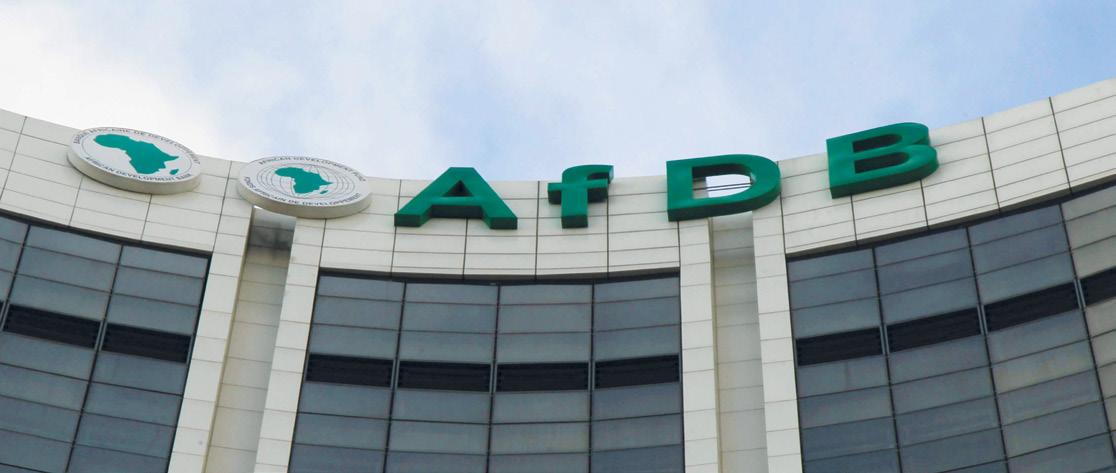
4 minute read
“In the end, integrity and credibility will win through"
Leading arbitrator, mediator and former UK High Court judge, Sir Vivian Ramsey, gave a keynote address at the recent FIDIC International Contract Users’ Conference in London. After he spoke, he took time out to speak to ANDY WALKER about his thoughts on the global infrastructure industry.
When Sir Vivian Ramsey speaks, he does so with such a quiet authority that you can’t help but listen and take in his observations and thoughts on the global construction sector. He spoke about a number of issues when he addressed delegates in London in December and chief amongst them was the issue of corruption. Tell us about some of the work you do on the FIDIC contracts committee.
“One of the big challenges for the international construction industry is corruption, which is prevalent in quite a number of parts of the world and obviously affects infrastructure and takes away the resources which otherwise would be going to it,” he said. “The other big issue I think is the way in which China is now a major player in the world construction market and they adopt different ways of constructing projects and can price very competitively compared to traditional contractors. I think there are lessons to be learned by traditional contracting companies from that,” said Ramsey.
I was struck by the fact that Ramsey mentioned without hesitation the issue of corruption as a key challenge for the industry. I asked him if he thought this was a growing problem. “I think it’s one that has to be tackled,” he said. “It pervades certainly in places where there is a lot of development work taking place around the world and it is therefore something which has to be faced by the consulting engineering industry and the contracting industry,” he explained.
So how can those sectors best tackle the spectre of corruption? “Integrity is the major issue,” said Ramsey. “What you have sometimes in the market is people who don’t have the integrity and
Sir Vivian Ramsey (right) pictured with FIDIC president Bill Howard (centre) and chief executive Nelson Ogunshakin.

Sir Vivian Ramsey (right) pictured with FIDIC president Bill Howard (centre) and chief executive Nelson Ogunshakin.
if you have a large body of people who are prepared to enter into corrupt contracts then that means that the whole market is skewed,” he said. “So, the important thing is always to keep the integrity, and, in the end, I think that wins through. We have seen in a number of countries which are wiping out corruption that they look for people who have the necessary credentials of credibility,” Ramsey said. So, in that sense, it is important for organisations like FIDIC to be seen to be active and out there putting forward its policies and processes. “One of the key watchwords of FIDIC is integrity and I think you can’t gainsay the need for that especially in the modern world,” said Ramsey.
Changing tack, I asked Ramsey about climate change and the environment and the impact they will have in the future on infrastructure development and the way that construction companies go about their work. “This will have a major change for the industry because traditionally engineers and contractors have taken a back seat and if there has been a project which might not have green credentials and may not be a desirable project, it’s been seen as work and they’ve gone and carried out that work,” he said.
“Increasingly, and it’s another element of integrity, you will find that engineers and contractors will question the project and its green credentials and will suggest changes which may be slightly more expensive but will comply with the necessary green credentials in an era where climate change and the environment has become so much more important,” Ramsey explained.
Does Ramsey see a more pivotal role for engineers around sustainability given the fact that they are looking at the longer term? Could this be an issue where engineers can raise their profile on green issues, climate change and the environment and assume a leadership position, which would give them the opportunity to raise their wider profile within society? “Yes it is!” he said. “The only way in which we will change the world in terms of climate change and what we are doing is through technological changes and technological changes very often start with infrastructure and it’s the infrastructure that is so important. As we know with coal fired power stations, for instance, we are able to reduce the emissions from a coal fired power station by using technology and it is that sort of technology across the board that comes from contracting and engineering which is going to be so important to the future of the world.”










